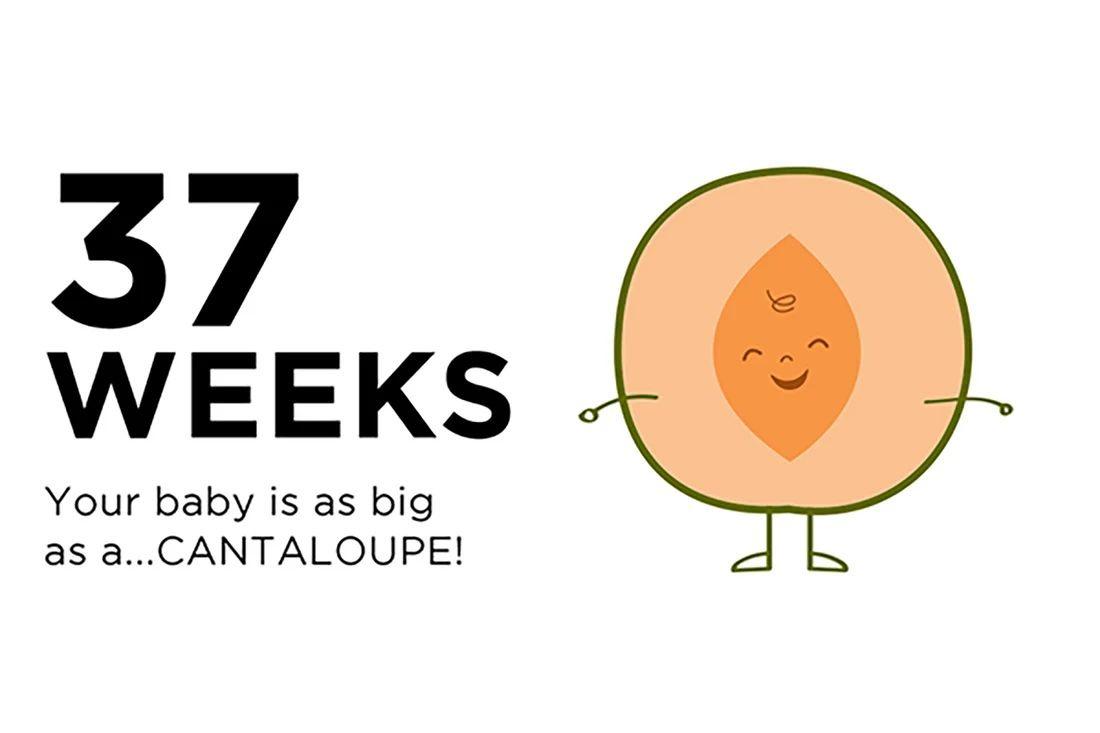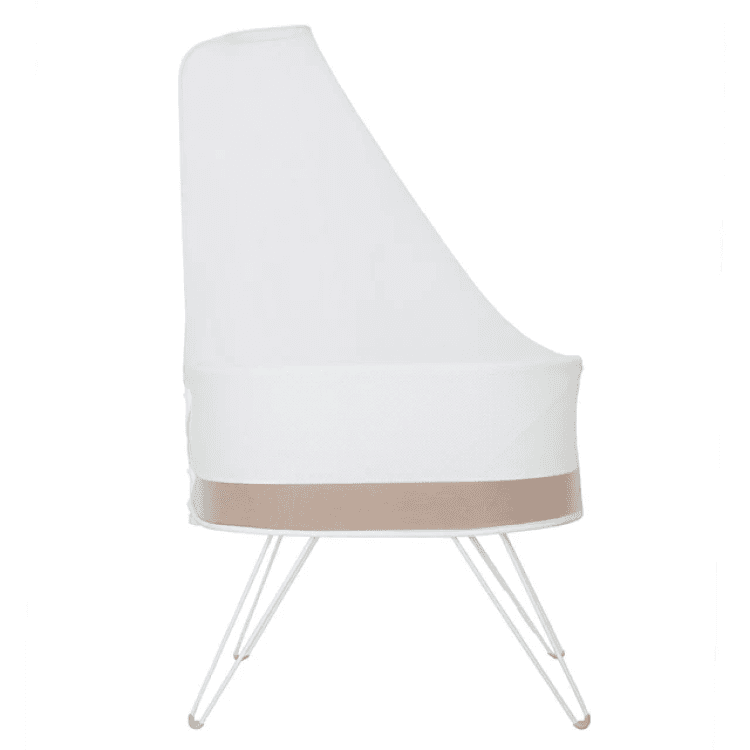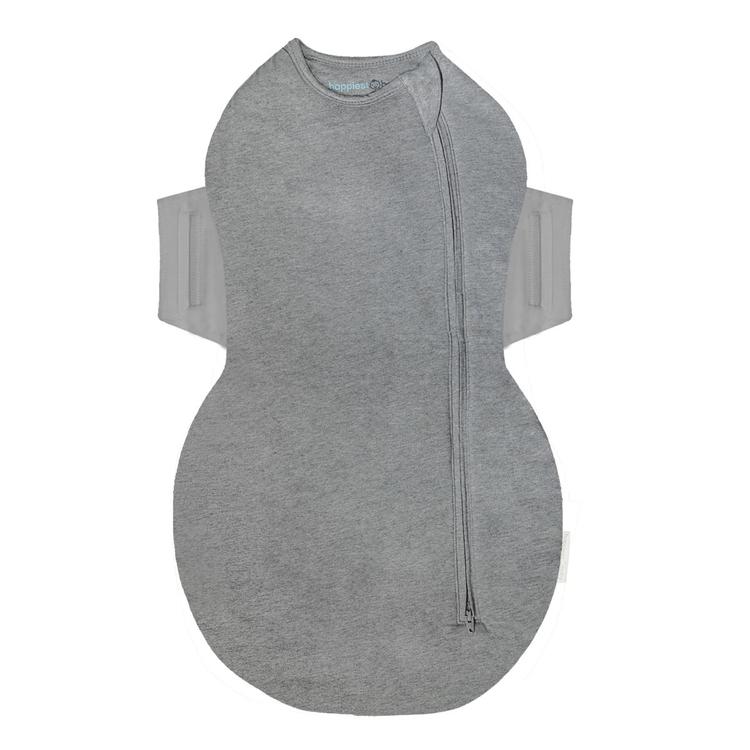PREGNANCY
37 Weeks Pregnant: The Countdown Begins
At this point your baby's lungs are ready to breathe air!

Written by
Dr. Harvey Karp

37 Weeks Pregnant
Smiling at the thought of having a cuddly baby in your arms pretty soon? Your baby may be smiling, too! Her facial muscles are fully developed, and she’s practicing some adorable little grins and expressions as she gets ready for her big debut.
OK…her smiles don’t exactly mean anything yet—but within 8 to 12 weeks of popping into the world, you’ll be able to make her grin with delight!
Baby's Size at 37 Weeks Pregnant
Your baby is about the size of a cantaloupe at 37 weeks.
37 Weeks Pregnant is How Many Months?
37 weeks of pregnancy is approximately 9 months.
37 Weeks of Pregnant: Baby at 37 Weeks
By 37 weeks, the lungs are fully ready to breathe air. The insides of the lungs are totally coated with a lining as thin as a soap bubble made of “surfactant.” This miraculous substance keeps all the little tiny air sacks inside her lungs from collapsing closed every time she breathes out (preemies need to be given a squirt of a synthetic version to keep their lungs open). Her hand grip may now be strong enough to latch onto your finger and support her own body weight as you pull her up to a sitting position! This grasp reflex will be one of the things pediatricians check on a baby’s very first visit, along with the sucking and rooting reflexes.
37 Weeks Pregnant: What to Expect
Congrats, you’ve made it! If your baby was born this week, she’d be considered “early full term.” (Before this week, she’d be premature). Full term is anywhere from 39 to 41 weeks, late-term or “post dates” is 42 weeks and over.
If this is your first child, odds are your baby will be post dates—the average first-time pregnancy lasts 41 weeks and one day! Only around 5% percent of women give birth on their due dates, which should really be called “due estimates.” Likely, this is no consolation if you’re feeling antsy or you’re being inundated with curious texts and emails from friends and family.
Almost all care providers will insist on induction if you go past 42 weeks, and many will only let you go to 41 weeks. They’ll probably want to see you often during this period and may prescribe a non-stress test and biophysical profile both you and your baby are doing fine. This is a non-invasive test to measure fetal movement, your baby’s heart rate and how much amniotic fluid you have. Doctors start to worry if the pregnancy extends for too long because the placenta can begin to degrade, your baby can get too big and amniotic fluid can start to run low.
Talk to your doctor or midwife to find out how they feel about induction and how late they’ll let you go. According to a Cochrane review, there were some benefits to inducing women who went way past their due dates, however “any very, very serious risk is small.”
A To-Do List for Week 37 of Pregnancy
- Know the signs of labor:
- What are Braxton Hicks? Braxton Hicks are contractions that feel like the tightening of the abdomen that come and go. Many women describe these false contractions as feeling like mild menstrual cramps. While Braxton Hicks contractions may be mildly uncomfortable and painful, they do not cause labor or open the cervix.
- What is “False labor”?: “False labor” (also called “prodromal labor”) is a little different than Braxton Hicks, which are painless and infrequent. False labor may feel like the real thing—painful—but contractions are unpredictable and come at irregular intervals. Many women never experience it, but others deal with it for days or even weeks before their real labor begins.
- What are signs of “Real labor”? If you are experiencing painful contractions that don’t go away and increase in intensity as time passes, definitely call your doctor or midwife right away. These are signs of real labor and are often accompanied by losing your mucus plug (also called your “bloody show”) and your bag of waters breaking—which can happen in a big gush or a slow leak. Some women’s waters don’t break until they’re in the middle of labor.
- Time the route to your hospital or birth center: Deciding when to leave your house during labor can be tough. You definitely don’t want to get to your place of birth too early and get turned away, but you also don’t want to be that woman on the news who had a baby in her car! Figure out how long it will take to get to your birthplace in the best of cases (no traffic) and the worst of cases (rush hour). Make sure that you know an alternate route, too.
- Try the Miles Circuit: The Miles Circuit was developed by a doula to aid in baby positioning. It’s helpful to practice before you go into labor and can be useful during early labor, too. The circuit takes 90 minutes—though you can work up to that length.
- Clean and organize: Let’s be clear: We’re not saying you have to do it—feel free to ask your partner or hire someone to tidy up. Many women experience an overwhelming urge to “nest” as the big day approaches. It’s an age-old, end-of-pregnancy symptom, and you’ll feel better when you just give into it. Besides, it’s nice to come back to a clean home after the birth!
Fun Pregnancy Fact
Pre-natal hiccups get your little one ready to breathe.
Inside the womb, babies get all the oxygen they need through the umbilical vein, from your blood supply. At birth, the dress rehearsals are all done, and it’s the moment of truth for your baby’s lungs. That’s why she practices her breathing before then, contracting her diaphragm and inhaling amniotic fluid in and out.
Pregnancy Quote of the Week
It's a great thing about being pregnant—you don't need excuses to pee or to eat.
― Angelina Jolie
Disclaimer: The information on our site is NOT medical advice for any specific person or condition. It is only meant as general information. If you have any medical questions and concerns about your child or yourself, please contact your health provider. Breastmilk is the best source of nutrition for babies. It is important that, in preparation for and during breastfeeding, mothers eat a healthy, balanced diet. Combined breast- and bottle-feeding in the first weeks of life may reduce the supply of a mother's breastmilk and reversing the decision not to breastfeed is difficult. If you do decide to use infant formula, you should follow instructions carefully.
SHARE THIS ARTICLE
PARENT PICKS
Bestsellers



















